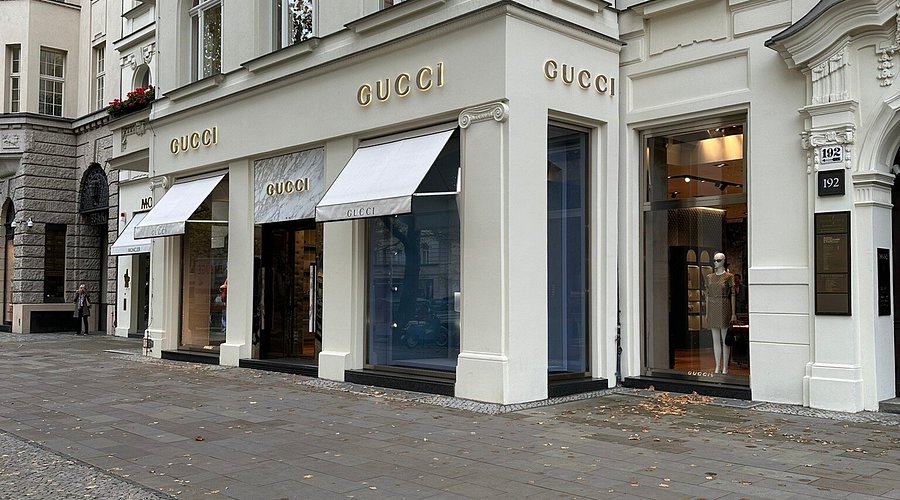High Net Worth Families Invest in Legacy Agriculture to Secure Generational Prestige
By
John Carter
Last updated:
September 9, 2025
First Published:
September 9, 2025

Photo: AdvisorHub
Across the world wealthy families are looking at agriculture through a new lens. No longer is farmland simply seen as a business asset or a financial hedge. Instead it is becoming a cornerstone of generational prestige. This approach known as legacy agriculture involves acquiring and cultivating land with the intent of building a long lasting family identity rooted in tradition sustainability and permanence.
Cultivating heritage alongside harvests
For affluent families the value of farmland extends beyond crops or livestock. It offers a sense of continuity that urban assets cannot. A vineyard that produces wine bearing the family’s name or an olive grove that supplies generations with both wealth and cultural pride becomes a living emblem of identity. Unlike stocks or urban real estate these lands embody stories traditions and craftsmanship that carry through time.
A response to modern volatility
Economic uncertainty and political shifts have made many high net worth families cautious about where they anchor their wealth. Agriculture provides both tangible value and symbolic security. By investing in land that feeds communities and sustains resources wealthy families reinforce their role as custodians rather than mere consumers of wealth. This builds not only financial resilience but also social reputation which is increasingly important in today’s interconnected world.
Reframing prosperity for the future
Legacy agriculture reflects a subtle transformation in how wealth is expressed. Ownership is no longer measured only in luxury properties or rare collectibles but in the ability to preserve and nurture something lasting. Families who adopt this approach are weaving their names into the soil ensuring that prosperity is not just displayed but cultivated. In doing so they are setting a precedent for future generations where wealth is defined by heritage as much as by capital.
Subscribe to unlock premium content
Sed at tellus, pharetra lacus, aenean risus non nisl ultricies commodo diam aliquet arcu enim eu leo porttitor habitasse adipiscing porttitor varius ultricies facilisis viverra lacus neque.
A comprehensive guide on Agile development

10 Productivity tools that are worth checking out

Top 7 Must have management tools for productivity

A comprehensive guide on Agile development

10 Productivity tools that are worth checking out

A comprehensive guide on Agile development








.png)
